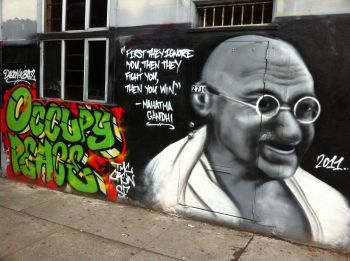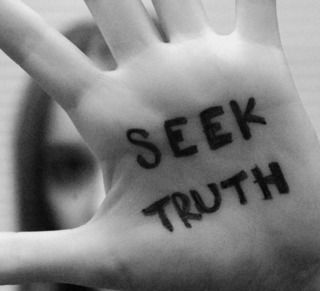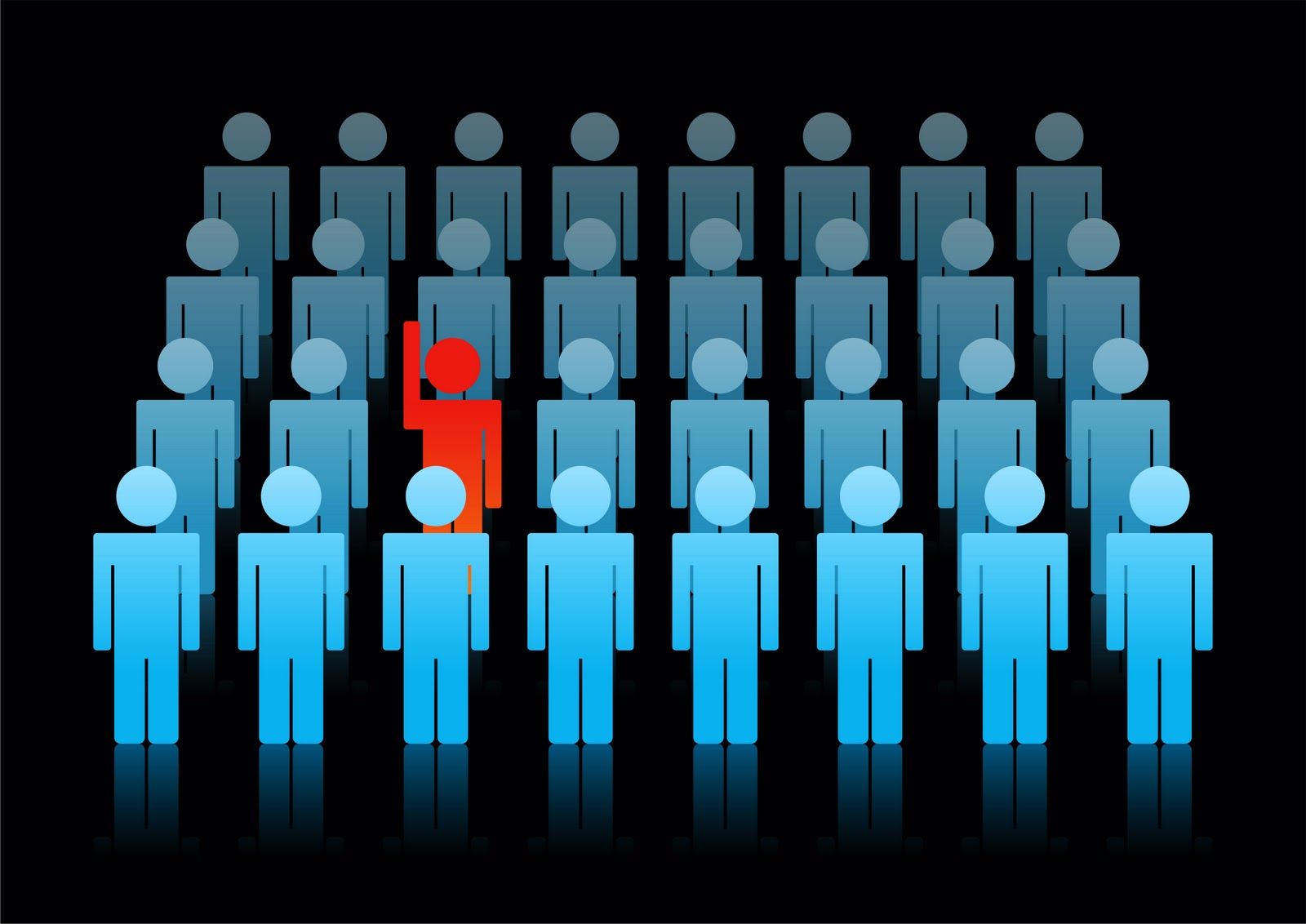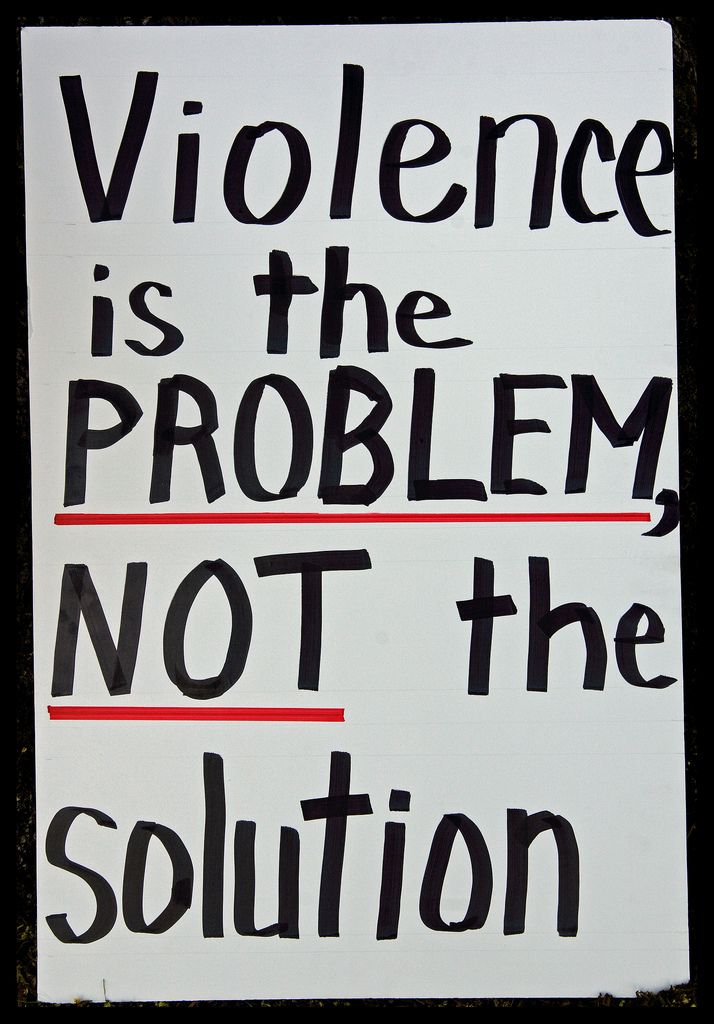
Publisher:
Bonnie King
CONTACT:
Newsroom@Salem-news.com
Advertising:
Adsales@Salem-news.com

~Truth~
~Justice~
~Peace~
TJP
Feb-19-2014 09:35

 TweetFollow @OregonNews
TweetFollow @OregonNews
Why Do We Fear the Truth?
Robert J. Burrowes Salem-News.comLike all of our fears, the fears that tell us that we cannot understand a problem and that we cannot fix it originate in our childhood experience.
 |
(TASMANIA, Aust.) - If we want to take appropriate action to fix something that is not working properly, then it is necessary to understand, precisely, the nature of the problem. Obviously, if our diagnosis is inaccurate, then the solution applied is unlikely to work. This principle of needing to understand a problem accurately before we can devise and implement an appropriate solution applies in all fields of human endeavour, whether it be a mechanical, scientific, health or environmental problem, or a conflict at any level of human relationships.

The most important impediment to understanding and resolving any problem or conflict is our fear of knowing the truth. We spend a lot of our time trying to deal with problems and conflicts by deluding ourself about the cause and/or the solution necessary.
For example, the truth is that most of us are addicted to using violence in one or more of the following ways (among many others): we want to reserve the right to use violence to control or 'discipline' our children, we want to pretend that our unhealthy diet is not the cause of our ill-health if we like eating all of those unhealthy foods, we want to be able to consume more than we really need and pretend that the ongoing destruction of the natural environment and the accelerating climate catastrophe are unrelated to our own behaviour, and/or we want to buy those cheap consumer goods made by exploited workers (and sometimes even child labor) in those factories in Africa, Asia and Central/South America where the largest corporations are less encumbered by such considerations as a requirement to pay fair wages and taxes, to address health and safety concerns, and to consider other human rights and environmental issues. And we want to blame other people for our conflicts if looking ourselves deeply in the mirror might tell us something about ourselves that we don't want to know.

But if we want to deal adequately with any problem or conflict, first of all we need to be courageous enough to acknowledge the truth, including any truth about ourselves. Why is this so difficult? Why have we become afraid of the truth?
Like all of our fears, the fears that tell us that we cannot understand a problem and that we cannot fix it originate in our childhood experience.
Evolution has given all human beings an enormous array of potential capacities for knowing the truth in a diverse variety of circumstances. These include sensory perception such as sight, hearing, smell and touch to provide accurate information about the external world; feelings such as thirst, hunger, nausea, dizziness and physical pain to provide accurate information about the state of our body and what it needs; memory to store and provide access to learning from past experience; a 'truth register' to detect lies and other misinformation; intuition to 'listen' to and remain in touch with 'the big picture' of life as a whole; conscience to enable us to make and act on those difficult moral choices that, for example, might ultimately require us to act against social conventions or unjust laws; more feelings such as fear, happiness, emotional pain, joy, anger, satisfaction, sadness, sexual ones and a vast variety of others to tell us what is happening for us in any given situation and to give us the power to behave appropriately in this context when the time is right; and intellect to acquire, interpret, analyse and evaluate information from these and other sources, such as written material.

Tragically, however, much of modern socialisation seriously inhibits or even destroys the development of these genetic potentialities – by inflicting what I have called 'invisible' and 'utterly invisible' violence on us throughout our childhood: see 'Why Violence?' http://tinyurl.com/whyviolence and 'Fearless Psychology and Fearful Psychology: Principles and Practice' http://anitamckone.wordpress.
For most of us, one outcome of this violence is that we learn to not trust ourselves and to fear the truth that is internally communicated to us. As a result, decisive action, outside that which is obviously socially endorsed, becomes impossible. In contrast, powerful individuals who know the truth are not unthinkingly obedient. Powerful individuals trust their 'inner voice', as Gandhi called it: 'You should follow your inner voice whatever the consequences'.
Despite the fact that our fear is often telling us that some problems are monumental and there is no way forward (which, for example, our fear might tell us in relation to the vast environmental challenges we now face), in fact there are sensible, straightforward solutions to virtually all of our problems.
And while this will mean that we often need to change our own behaviour, most of those changes will require little effort and can be easily accomplished. Of course, the genuinely powerful individual is able to take responsibility for making changes that set an example and inspire others to act too. In contrast, if we wait for others to take the lead or if we lobby elites to act on our behalf, we will usually find the experience pretty disempowering and this will reinforce our fear that problems cannot be solved.
So, for example, if you want to take powerful action on the full range of pressing environmental problems yourself, then you can certainly do so. One way is to participate in 'The Flame Tree Project to Save Life on Earth' http://tinyurl.com/flametree and to invite others to participate as well.
And if you are unafraid to know and act on the truth – that human violence in its many manifestations now has extinction howling outside our door – then you might also like to consider joining the worldwide movement to end all violence by signing the online pledge of 'The People's Charter to Create a Nonviolent World' http://
Biodata: Robert J. Burrowes has a lifetime commitment to understanding and ending human violence. He has done extensive research since 1966 in an effort to understand why human beings are violent and has been a nonviolent activist since 1981. He is the author of 'Why Violence?' http://tinyurl.com/whyviolence His email address is flametree@riseup.net and his website is at http://robertjburrowes.
Robert J. Burrowes
P.O. Box 68
Daylesford
Victoria 3460
Australia
Email: flametree@riseup.net
Websites: http://
http://tinyurl.com/flametree (Flame Tree Project)
http://tinyurl.com/whyviolence ('Why Violence?')
http://anitamckone.wordpress.
http://robertjburrowes.
About Robert J. Burrowes
 |
- Robert Burrowes has a lifetime commitment to understanding and ending human violence. He has done extensive research since 1966 in an effort to understand why human beings are violent. He has been a nonviolent activist since 1981.
- Robert is the author of 'Why Violence?' -
tinyurl.com/whyviolence
 |
 |
 |
Articles for February 18, 2014 | Articles for February 19, 2014 | Articles for February 20, 2014
Quick Links
DINING
Willamette UniversityGoudy Commons Cafe
Dine on the Queen
Willamette Queen Sternwheeler
MUST SEE SALEM
Oregon Capitol ToursCapitol History Gateway
Willamette River Ride
Willamette Queen Sternwheeler
Historic Home Tours:
Deepwood Museum
The Bush House
Gaiety Hollow Garden
AUCTIONS - APPRAISALS
Auction Masters & AppraisalsCONSTRUCTION SERVICES
Roofing and ContractingSheridan, Ore.
ONLINE SHOPPING
Special Occasion DressesAdvertise with Salem-News
Contact:AdSales@Salem-News.com



Salem-News.com:

Terms of Service | Privacy Policy
All comments and messages are approved by people and self promotional links or unacceptable comments are denied.
[Return to Top]
©2026 Salem-News.com. All opinions expressed in this article are those of the author and do not necessarily reflect those of Salem-News.com.